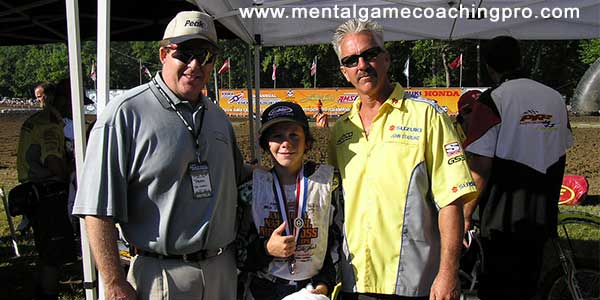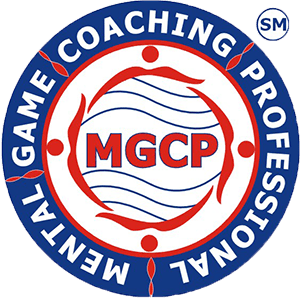
How to Work with Sports Parents
A mental game coach recently asked the following question in a survey:
“How do you work with athletes who have emotionally involved parents?”
With very young athletes, the parents are the ones that typically hire me to work with their child…
You want to involve the parents in the mental training process–over involved parents or not. I find that most parents are willing to make changes to their behavior–if it will help their athletes.
If you have parents that are emotionally involved in their child’s sport, you want to make sure that it’s not creating additional pressure or expectations for the athlete pregame and during competition.
For example, young athletes often want to perform well for their parents and in some cases this can cause fear of failure and cautious performances.
Here’s the good news: Parents who are emotionally involved in their athletes’ sport obviously care about their athletes’ performance…
Here’s the bad news:
This might lead athletes to worry about performing well for their parents, feel a need to perform perfectly, or worry about disappointing them.
Most of my interaction with parents is helping them understand the lessons I’m teaching their athletes and how parents can facilitate the process.
In extreme cases, I might ask the parents to not come to the competition or not allow their athletes to view them during competition–if that’s what will help an athlete.
The objective is to help athletes perform freely without having parents become a distraction or a source of pressure.
In your conversations with parents, you don’t want to blame them for being too involved or causing the athletes undue stress…
Instead, you want to focus on what your athlete needs and how a parent can facilitate that.
For example, if your athlete is feeling pressure about obtaining a scholarship, you might suggest to the parents to not discuss scholarships or scouts around their athletes. In addition, you might suggest that parents help athletes focus on the process and not the future.
You might also provide a few pregame and postgame tips for parent behavior. And you can modify these tips depending on what the athlete prefers.
And you want parents to understand that when they become emotional in the stands or on the sidelines that this behavior can often embarrass or distract young athletes.
In a few cases, some parents become defensive about their sports parenting behavior. But most often, parents will admit their wrongdoing.
These parents are willing and ready to make changes with a little guidance from the mental coach.
Related Mental Coaching Articles:
- Helping Athletes Apply Mental Skills
- Become a Mental Coach or Sports Psychologist
- My System for Doing Mental Coaching with Athletes
Apply To Be In The MGCP Program!
Upon acceptance into the Mental Game Coaching Professional (MGCP) program, you’ll be given assess to the MGCP documents and to the peaksportsnetwork.com membership web site, start dates and times of each video conference, and how to access the video conference.
The MGCP video conference certification program is taught by video conference over a period of 10 weeks, meeting for two hours each week, but the course can take up to 12 weeks to complete (due to holidays and such).
By the end of the certification program (provided you have completed all requirements for graduation), you will receive a certification from Peak Performance Sports, LLC as a certified Mental Game Coaching Professional!
Have questions about the MGCP program? Read our FAQ. Find out what is included in the MGCP program. Call 888-742-7225 or email us at Peak Performance Sports
